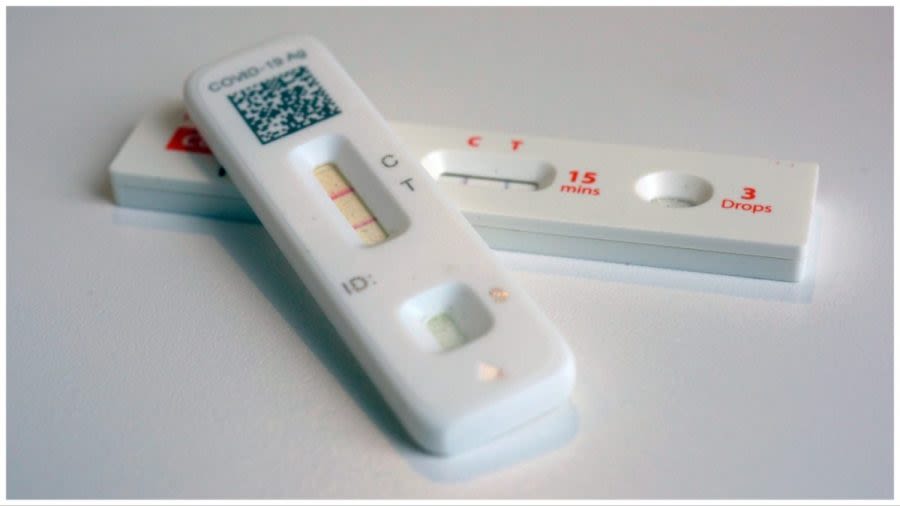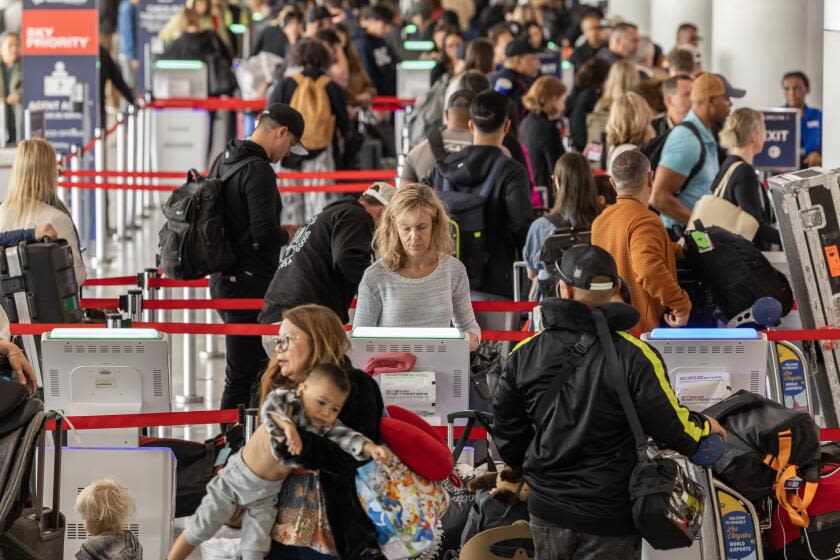Search results
Feb 13, 2024 · Active COVID-19 infections can feature 20 symptoms or more during the infection, and symptoms may change or come and go throughout the recovery period. One study found that post-acute COVID symptoms ranged anywhere from two weeks to 100 days. It is unclear exactly how long post-COVID syndrome can last.
News about COVID-19, FLiRT, California
News about COVID-19, Easton, COVID
Also in the news
Jan 3, 2023 · Not everyone who catches COVID-19 will notice symptoms. If you do get them, they may show up 2 to 14 days after your infection. ... This might last 2 weeks or more. ... Long COVID happens when a ...
- Is Covid-19 Worse on Day 5?
- Is Covid-19 Still Contagious After 7 days?
- What Helps Covid-19 Symptoms Go Away faster?
Symptoms of COVID-19 typically appear around 5–6 daysTrusted Sourceafter exposure to the virus. Symptoms, such as a fever, are typically mild or moderate during this time. After one week, a person may develop new symptoms, such as a cough and a sore throat. These may also be mild or moderate, though some people may experience worsening symptoms.
COVID-19 may still be contagious 7 days after a person first experiences symptoms. A person will typically need to avoid contact with other people for around 10 days, though some people may need to do so for about 20 daysTrusted Source.
COVID-19 typically resolves within 14 daysTrusted Source. Getting plenty of rest and drinking enough fluids may helpsymptoms to clear up faster. Over-the-counter pain relief medication may help a person manage pain.
- Aaron Kandola
Aug 6, 2023 · Sameena Zahoor, MD. A mild case of COVID-19 usually resolves in one to two weeks. It may take up to six weeks or more to recover from a severe case. Some people may experience lasting symptoms ...
- Claire Gillespie
- 54 sec
Acute COVID-19. Once symptoms appear, you have entered the acute stage. You may have fever, cough and other COVID-19 symptoms. Active illness can last one to two weeks if you have mild or moderate coronavirus disease, but severe cases can last months. Some people are asymptomatic, meaning they never have symptoms but do have COVID-19.
Apr 5, 2024 · If you are looking after someone with COVID-19, help the person track symptoms. You may need to help with child care or getting food and any medicine needed. And it can help to take care of the person's pet. For as long as COVID-19 symptoms get worse, stay home and apart from people who don't have COVID-19. That will help stop the spread of the ...
Mar 27, 2024 · So, research into the specific effects of long-term COVID-19 symptoms continues. Researchers do think that post-COVID-19 syndrome can happen after an illness of any severity. Getting a COVID-19 vaccine may help prevent post-COVID-19 syndrome.




